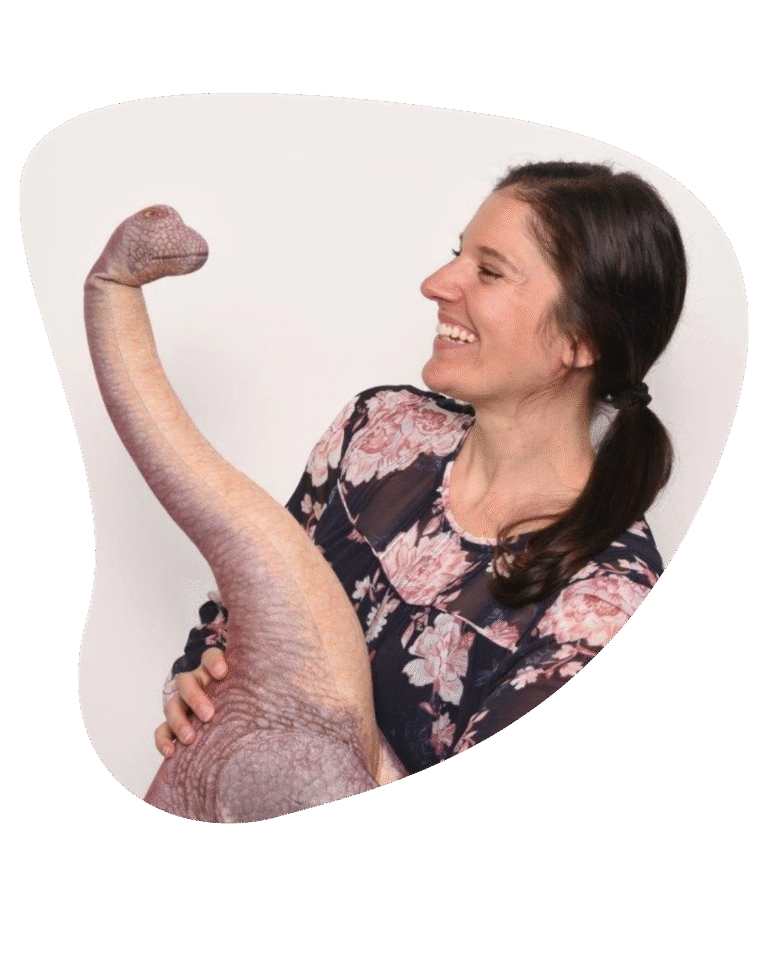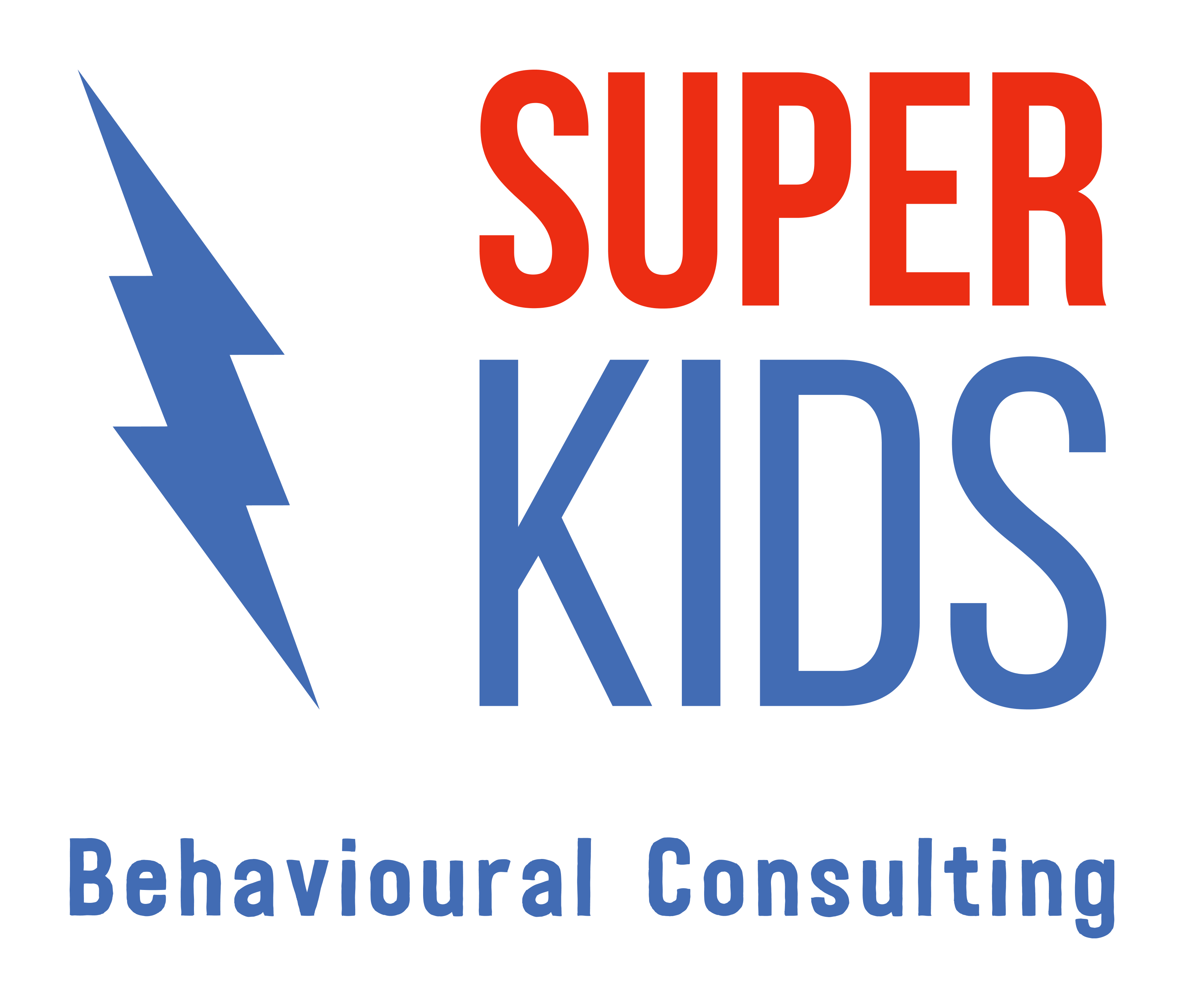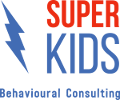Online Speech & Language Therapy
No waiting lists. No long drives. Just compassionate, qualified support that empowers your child to find their voice & use it with confidence.
Whether your child is just beginning to form words or struggling to be understood, you’re not alone. More importantly,you’re not out of options. In fact, support is closer than you might think. That’s why our online speech therapy programs are designed to meet your child exactly where they are. Instead of adding stress with travel, sessions happen right at home, in a space that feels safe, familiar, and supportive. As a result, your child can focus on learning while you feel confident about the process.
At Super Kids Behavioural Consulting, we take an individualised, evidence-based approach to speech therapy that’s tailored to your child’s unique communication goals. Whether they’re working on articulation, expressive & receptive language, social communication, or fluency, our strategies are thoughtfully aligned with their developmental stage. Plus, because our sessions are delivered virtually, they’re not only flexible and accessible, but also designed to fit seamlessly into your family’s everyday routine.
Who Can Benefit?
Our Online Speech Therapy program is perfect for:
Children aged 2–15 years with or without a formal diagnosis of developmental delay
Children experiencing challenges with speech sounds, language development, social communication, articulation, oral motor skills or early literacy skills
Parents who want to learn practical strategies to support their child’s communication and interaction at home
Families looking for flexible, engaging therapy they can access online from home
Children and parents who may benefit from a blended approach – sometimes sessions focus on parent coaching, and other times the speech therapist works directly with the child, depending on the child’s cooperation, developmental stage, and family goals
How It Works
Our online speech therapy program starts with a goal-setting interview with parents. During this step, we learn about your child’s strengths, challenges, and your family’s priorities. Next, we complete a comprehensive assessment to understand your child’s communication profile and clearly identify areas for support.
From there, we create an individualised speech therapy plan. Sessions may involve the speech therapist working directly with your child or coaching you as a parent, depending on your child’s cooperation, developmental stage, and your goals.
Throughout the process, we use play, everyday routines, and practice to build essential skills such as speech sounds, language, literacy, social interaction, and following instructions.
When: 50min weekly session (delivered live via secure telehealth)
Where: Online – join from the comfort of your home
Ready to get started?
Book a free consultation today, and together, we’ll explore how to support your child’s communication journey—online, on your schedule.
Our Areas of Expertise
Nicole offers comprehensive assessments, diagnosis, and individualised therapy in:
Speech sound production (PROMPT trained)
Language development
Literacy and phonological awareness (MultiLit, Sounds Write)
Social and pragmatic communication skills
Voice disorders
Fluency (stuttering)
- NDIS reports & assessments
Meet Our Speech & Language Pathologist – Nicole
Nicole is a Certified Practising Speech and Language Pathologist and a full member of Speech Pathology Australia (SPA). She holds a Bachelor of Speech Pathology from the Australian Catholic University and a Bachelor of Exercise and Sport Science from Sydney University.
Nicole began her career as a Behaviour Technician and has since worked closely across many ABA programs. She brings a unique, collaborative perspective to her speech therapy practice, blending her expertise in communication development with behavioural strategies when appropriate.
She has completed specialised training in:
Key Word Sign
PROMPT (speech sound production)
The Lidcombe Program (stuttering)
Orofacial Myology
MultiLit and Sounds Write (literacy and phonological awareness)
Nicole is passionate about delivering neurodiverse-affirming care, recognising that every child has their own strengths, needs, and preferred ways of communicating.

Super Kids acknowledges each individual’s personal preference to use identity-first or person-first language to describe themselves or their loved one. We interchangeably use both language conventions and therefore refer to both Autistic children and children with Autism.

